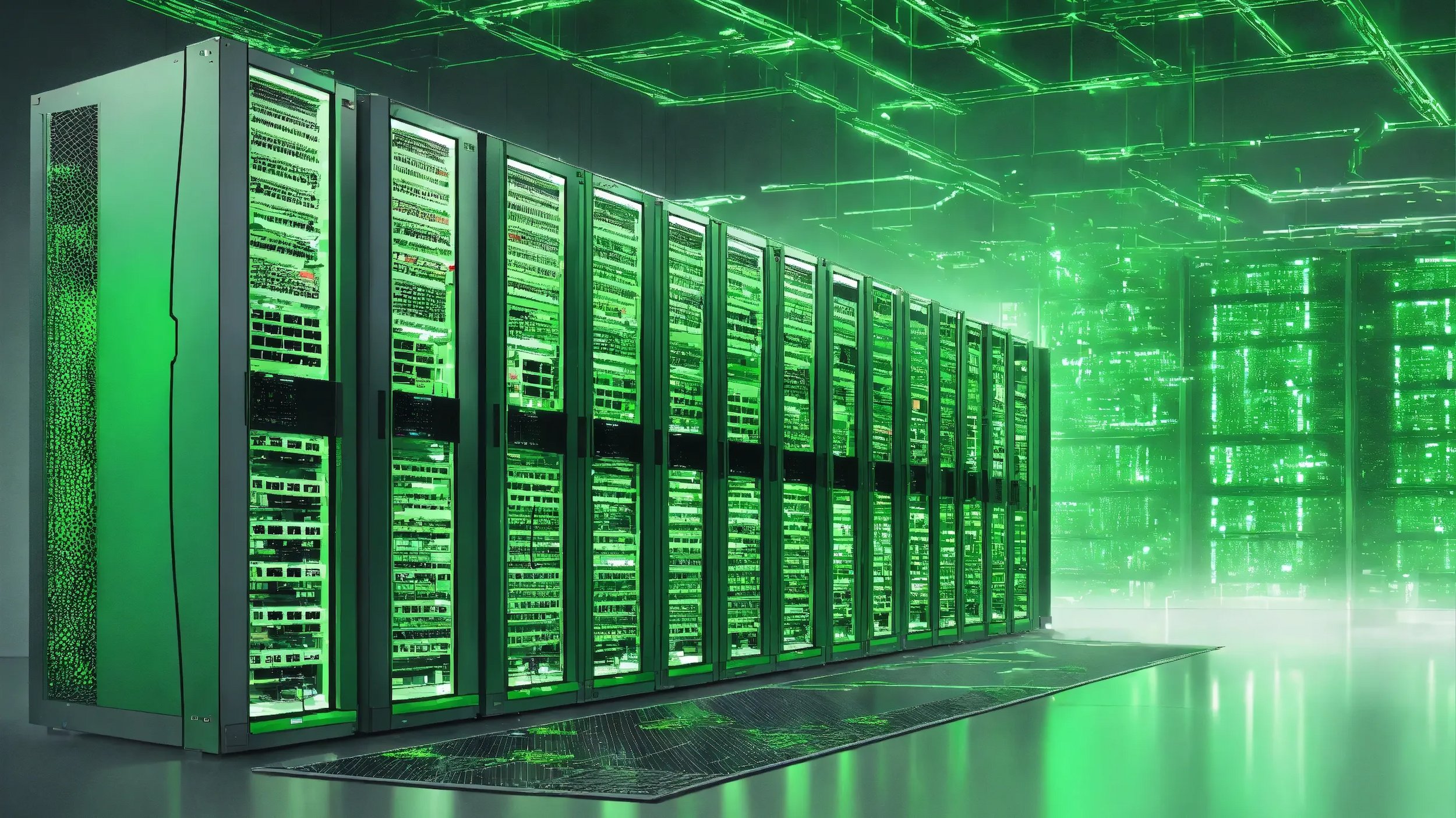10 Advantages of Implementing Data Centers
In today’s data-driven digital environment, many companies are increasingly relying on data centers to support digital transformation, improve operational efficiency, and meet customer expectations. Regardless of whether they are created in-house or in partnership with cloud computing service providers, data centers form the backbone of the IT infrastructure. Below are 10 key advantages of implementing data centers in various industries.
1. Enhanced Data Security and Compliance
Data centers provide robust physical and cybersecurity controls, helping organizations protect sensitive information from breaches and comply with regulations like GDPR, HIPAA, or regional laws. They offer controlled access, monitoring, and disaster recovery capabilities to safeguard data integrity.
2. Improved Reliability and Uptime
Data centers are designed with redundant power supplies, backup generators, cooling systems, and network connectivity. This ensures high availability (often 99.999% uptime), minimizing costly downtime and maintaining business continuity.
3. Scalability and Flexibility
Modern data centers enable organizations to scale IT resources up or down based on demand. This agility supports business growth, seasonal spikes, or new service rollouts without significant upfront investment in infrastructure.
4. Cost Efficiency
Centralized infrastructure reduces the need for on-premises hardware and maintenance. Through economies of scale, data centers offer shared resources, lowering operational expenses and capital expenditures over time.
5. Enhanced Performance and Speed
With optimized network architecture and proximity to end-users, data centers reduce latency and improve application performance. This is critical for real-time services such as video streaming, e-commerce, and financial trading.
6. Disaster Recovery and Business Continuity
Data centers implement rigorous backup and failover mechanisms. In the event of a natural disaster, cyberattack, or hardware failure, data centers ensure rapid recovery, minimizing disruption and data loss.
7. Support for Emerging Technologies
Data centers provide the infrastructure backbone needed for AI, big data analytics, IoT, and cloud computing. They enable fast processing and storage capabilities required by advanced applications.
8. Energy Efficiency and Environmental Control
Many modern data centers incorporate green technologies, such as efficient cooling systems and renewable energy sources, reducing carbon footprint and operational costs while supporting sustainability goals.
9. Centralized Management and Monitoring
Data centers enable centralized control over IT resources, simplifying management, maintenance, and security monitoring. This leads to quicker troubleshooting and more efficient resource utilization.
10. Competitive Advantage and Innovation Enablement
Access to scalable, secure, and high-performance infrastructure accelerates time-to-market for new products and services. Businesses can innovate rapidly, respond to customer needs, and maintain an edge over competitors.
